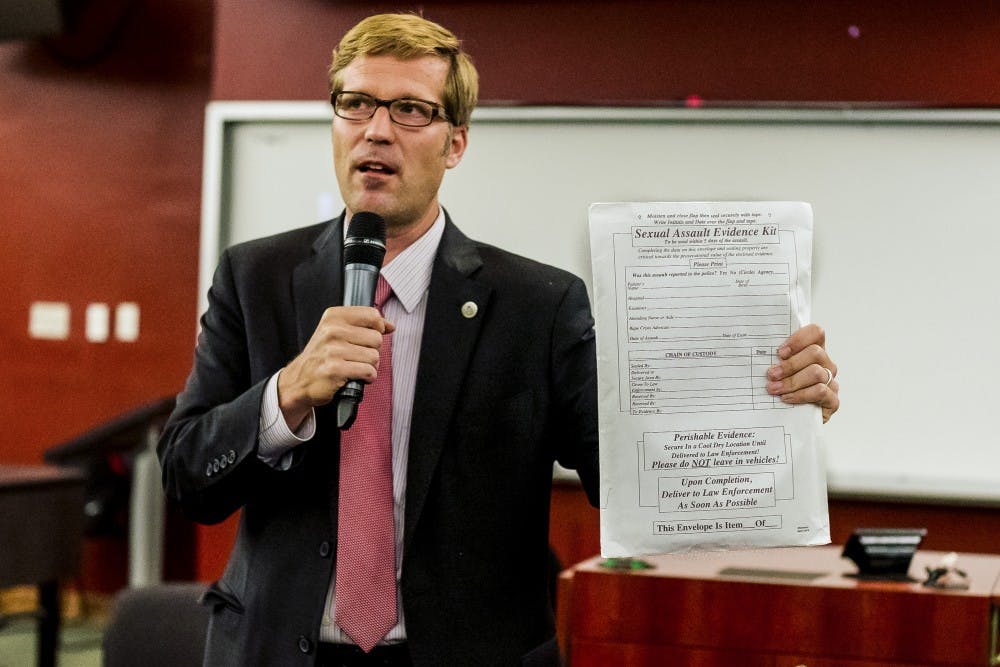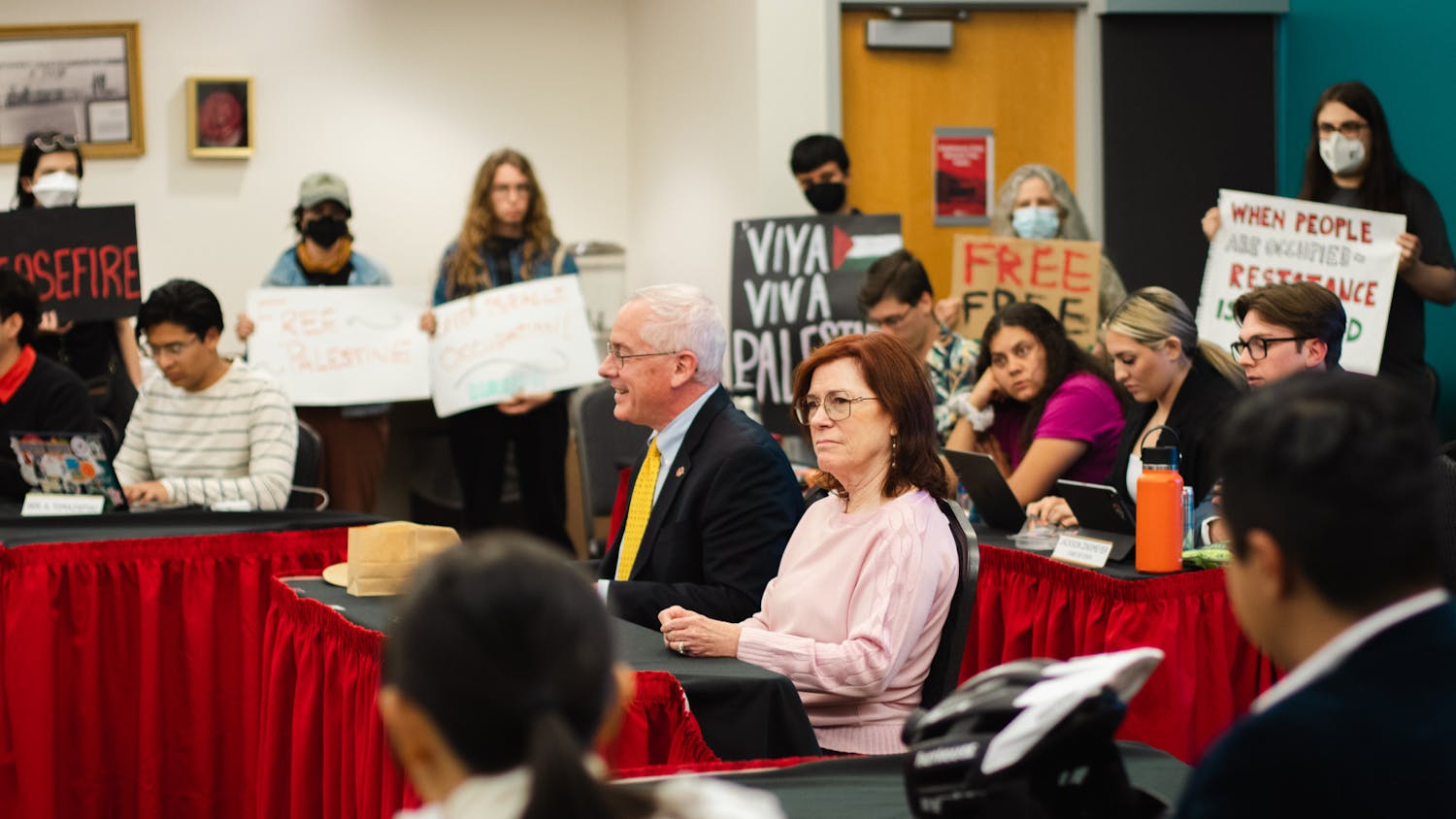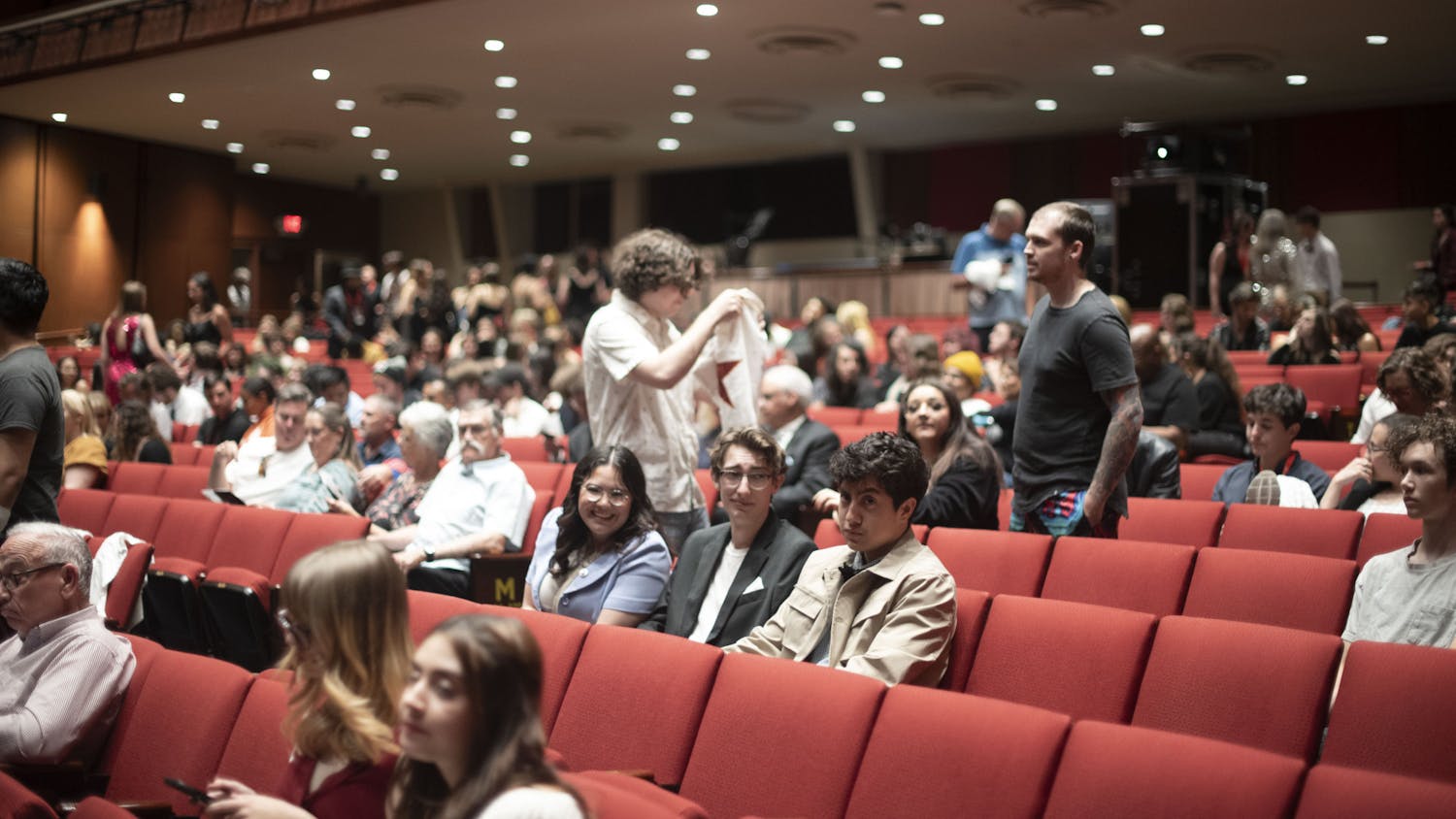The Office of the State Auditor held a community meeting last week to discuss an initiative which aims for a way to test the more than 3,000 sexual assault evidence kits (SAK) in Albuquerque.
With the oldest of the untested evidence kits dating back to 1988, the process of clearing the backlog began in December 2015, when the Office of the State Auditor helped state police to determine the inventory count of untested kits.
Statewide, the figure is roughly 5,000 untested kits, said New Mexico State Auditor Tim Keller. The exact figure is 5,410 as of last December, per the State Auditor’s General Accountability office.
Gauging the amount of untested kits was the first phase of the process, Keller said, bringing the audit to phase two, which involves working with communities to understand how to process the backlog.
“At the state level we’ve made some progress on that in terms of funding already,” Keller said. At the city level, it was announced last week by the mayor’s office that the city would be setting aside $200,000 to begin processing about 10 percent of the thousands of kits.
The second part of phase two involves taking steps to ensure the prevention of another backlog scenario in the future, he said.
“That’s something that is not entirely about resources, it’s also about standardizing protocols and really following best practices,” Keller said. “Especially on the frontlines, whether it’s APD or Bernalillo County (Sheriff’s Office), folks are aware of this issue and they’ve been aware of it for a long time, but we also know we have a long way to go.”
Keller said justice is an everyday top priority for those involved in the initiative.
“There is nothing but a strong desire and a commitment to do whatever can be done to try and whittle this backlog down and try to prevent it from happening in the future,” he said.
Urging victims in pending sexual assault cases to contact law enforcement or advocacy groups, Keller said there is renewed availability and resources at work for this issue in the state.
“I hope that folks know, and have some trust, that while this issue is something we’re working through, our law enforcement is very serious, and we are very serious, about making sure that, eventually, these kits get tested if they’re supposed to be tested,” he said.
Keller said, eventually, he hopes to demonstrate that the SAK system does work, and get it to work faster going forward.
Get content from The Daily Lobo delivered to your inbox
Sexual assault evidence kits include envelopes containing DNA, often accompanied by a “brown bag” containing larger pieces of evidence like sheets.
When addressing the question of the State Auditor’s role in the processing of sexual assault evidence kits, Keller said his office is the only one with jurisdiction over the inventories of various city and state law enforcement agencies.
The kits are considered a part of these inventories, explaining the State Auditor’s Office’s connection to the issue.
“It goes without saying that this is obviously much more than an inventory issue... This case often represents the worst day, or the worst hour of an individual’s life,” he said. “So as much as you’re going to hear about aggregate figures of unprocessed kits, each single kit is important.”
Sarita Nair, general accountability officer to the State Auditor, said the backlog of untested sexual assault evidence kits is a nationwide problem.
47 states have received some form of federal funding to address the issue, she said. New Mexico is not one of them.
“We’re trying to figure out why this backlog occurred in the first place, because we want to make sure if we get the funding and clear the backlog, we don’t find ourselves here (again) in another five years,” Nair said.
There are a couple primary reasons the backlog should be tested.
First, to honor the victims of sexual assault who were made subject to the invasive, additionally traumatizing procedures involved with these kits under the implicit promise that the test would yield evidence, Nair said.
Second, she said, is the issue of identifying or corroborating information about the suspect.
Thirdly, going through the backlog of SAKs can contribute to the Combined DNA Index System - a national database of DNA profiles which serves to keep track of DNA evidence called into question by matters of public safety, as sex offenders tend to be repeat offenders.
Ultimately, she said she hopes clearing the backlog encourages survivors of sexual assault to come forth with faith in the system.
Connie Monahan, statewide coordinator of the Sexual Assault Nurse Examiners (SANE) said she works with about 90 nurses who actually assemble the kits and collect sexual assault evidence.
“Why are we doing our work up front if it’s not being tested and used in court?” she said, expressing the need for improved practices and state policy on this issue.
Monahan said SANE will be meeting at the end of this month with recommendations for policy changes.
“There are some rules that impact the ability to get evidence tested, and I don’t think the general public understands those rules,” said Erin Anderson of the District Attorney’s office.
She specifically cited LR2-400, a rule requiring prosecutors to have scientific evidence within 60 days.
The irony is that the rule was originally intended to have an expediting effect on acquiring evidence from the growing backlog of sexual assault kits.
Captain Andi Taylor of the Bernalillo County Sheriff’s Department said LR2-400 is absolutely crippling law enforcement.
“We are the only district in the state operating under this rule,” Taylor said, citing the average turnaround time on the kits as 90 days.
Julianna Koob, sexual assault survivor advocate, said solving this problem isn’t simply a matter of changing policy or practice.
“We are all part of this solution,” she said.






